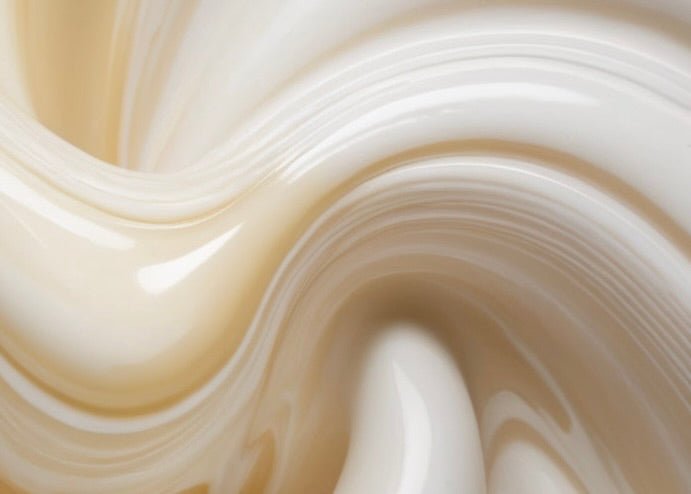
Is Hyaluronic Acid an Antioxidant? Exploring Its Properties
Hyaluronic acid, a naturally occurring substance in the human body, has gained significant attention in the skincare industry. It's hailed for its exceptional hydrating properties and its ability to improve skin elasticity. But is hyaluronic acid an antioxidant? Let's delve deeper into its properties and understand its role in skincare.
The Nature of Hyaluronic Acid
Before we answer the question, it's important to understand what hyaluronic acid is. This substance is a type of molecule called a glycosaminoglycan, which is a long polysaccharide composed of disaccharides. It's found in various parts of the human body, including the skin, connective tissues, and eyes.
One of the key characteristics of hyaluronic acid is its ability to retain water. In fact, it can hold up to 1000 times its weight in water, making it an excellent moisturizer. This property is particularly beneficial for the skin, as it helps to keep it hydrated and plump.
Is Hyaluronic Acid an Antioxidant?
While hyaluronic acid is known for its hydrating properties, it's not typically classified as an antioxidant. Antioxidants are substances that can prevent or slow damage to cells caused by free radicals, unstable molecules that the body produces as a reaction to environmental and other pressures. Some common examples of antioxidants include vitamins C and E.
However, some studies suggest that hyaluronic acid may have antioxidant properties. For instance, a 2019 study published in the Journal of Clinical and Aesthetic Dermatology found that hyaluronic acid could help to neutralize free radicals and reduce oxidative stress, thereby acting as an antioxidant. But more research is needed to fully understand this potential antioxidant activity.
Benefits of Hyaluronic Acid in Skincare
Despite the ongoing debate about its antioxidant properties, there's no denying the numerous benefits of hyaluronic acid in skincare. Here are some of the key benefits:
- Hydration: As mentioned earlier, hyaluronic acid can hold up to 1000 times its weight in water, making it a powerful hydrator. It helps to lock in moisture, keeping the skin hydrated and supple.
- Improved skin elasticity: By retaining moisture, hyaluronic acid can also improve skin elasticity. This can help to reduce the appearance of fine lines and wrinkles.
- Healing properties: Some research suggests that hyaluronic acid may have wound healing properties. It can help to speed up the healing process and reduce inflammation.
Moreover, hyaluronic acid is a natural and sustainable skincare ingredient. It's biocompatible, meaning it's safe for all skin types, including sensitive skin. Plus, it's biodegradable, making it a more environmentally friendly choice compared to synthetic skincare ingredients.
How to Incorporate Hyaluronic Acid into Your Skincare Routine
Given its numerous benefits, you might be wondering how to incorporate hyaluronic acid into your skincare routine. Here are some simple steps:
- Choose the right product: Hyaluronic acid is available in various skincare products, including serums, creams, and lotions. Choose a product that suits your skin type and needs.
- Apply to damp skin: For best results, apply hyaluronic acid to damp skin. This can help to lock in more moisture.
- Follow with a moisturizer: After applying hyaluronic acid, follow with a moisturizer to seal in the hydration.
Remember, while hyaluronic acid offers numerous benefits, it's not a cure-all. It's important to maintain a balanced skincare routine that includes a variety of ingredients to address different skin concerns.
Conclusion
So, is hyaluronic acid an antioxidant? The answer is not clear-cut. While it's not typically classified as an antioxidant, some research suggests it may have antioxidant properties. Regardless, hyaluronic acid offers numerous benefits for the skin, making it a valuable addition to any skincare routine.
As we continue to explore the potential of natural and sustainable skincare ingredients, it's clear that hyaluronic acid will remain a staple in the skincare industry. Its hydrating properties, combined with its potential antioxidant activity, make it a promising ingredient for promoting healthy, youthful skin.














